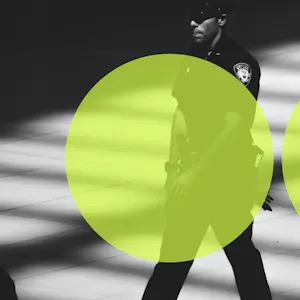Business Continuity Management Systems



What would we do without the internet while we’re abroad? Whether it’s looking up directions to the next meeting or trying to find the best place to stop for lunch, we’re always connected.
Business travellers can be up against some unique cyber threats, as our devices—smartphones, laptops and tablets—are often the gateways to sensitive business information.
With this in mind, PGI’s Cyber team have put together a list of the key cyber security risks you should be mindful of while travelling:
Unsecured Wi-Fi networks
Prone to being attacked by hackers who can gain access into your devices. If a network does not ask for a password, then do not use it.
Publicly-shared computers
Often not protected with antivirus software. Your browsing history may be visible to the next user and if you’re using your USB, your files are in danger of being corrupted; try to avoid using them if possible.
Fake hotspots or Bluetooth connections
Used by hackers to deceive you into connecting your device to a malicious network. Bluetooth connections may expose your username, password, credit card or bank information. It’s important to always verify that the network that you’re connecting to is legitimate. Once connected, you can look at a URL to find out if your web browsing is secure.
Secure connection
If you’re using a HTTPS website, then your information is secure. If the website has an HTTP address, your browsing is not secure and any of the data that you transmit could be intercepted.
Social engineering attacks
Sharing your activities on social media platforms—or location via GPS—can pave the way for unscrupulous individuals to use your information to their advantage. They may track your whereabouts and pretend to represent a service company such as your hotel or car rental company to charge you on your credit card. Take a look at our post on social engineering to see how you can reduce the risk.
Many of PGI’s consultants are always on the road so they have shared the top five tips for being secure:
Think before you post
You should always be aware of what you’re posting on social media. You can also edit the privacy settings of your profiles to ensure that only the people you know can view them.
Before you connect, check!
Is the network legitimate? To find out, only ask authorised staff. It is advisable that you adjust the settings of your device so that it does not connect automatically to available networks.
Stop clicking away
When using a public Wi-Fi network, limit your online activities to searching for information instead of submitting your personal data on banking or shopping sites.
Update your software
Use the most up-to-date OS, antivirus software, browser, and applications as they come with improved security features.
Use a temporary device
Try leaving personal or work devices behind when you travel. Take a temporary device with you that has little data stored in it to keep security threats to a minimum level.
Secure your devices
It goes without saying but, never lose hold of your gadgets when you’re in public places.
We are the cyber security experts, talk to us about your organisation’s cyber security, including finding your vulnerabilities and strengthening your defences.

Upgrading to Cyber Essentials plus is a significant step in enhancing your organisation’s security posture.

Are you adapting your cyber defence strategy? As corporate cyber defences have improved over recent years, organised criminal groups and malicious state actors have discovered new ways of penetrating company systems, based around the exploitation of their digital vulnerabilities, rather than just cyber security or technical weaknesses.

A proactive cyber security strategy will minimise risk and help you achieve a mature security posture.